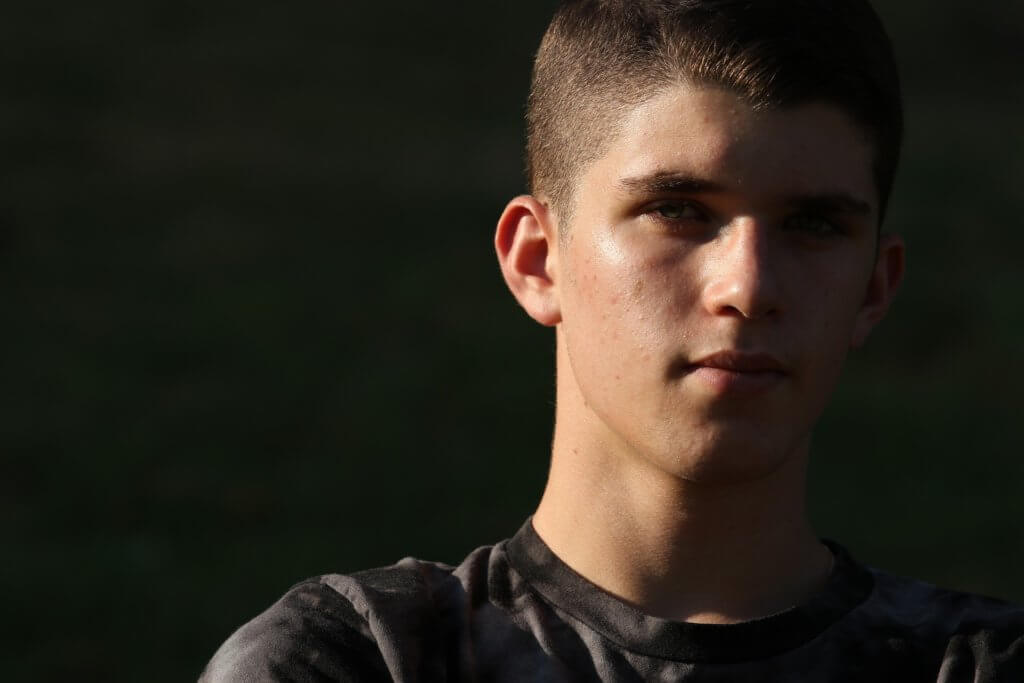
Kylie recently shared the following parenting challenge from the past school year with me:
Her son’s math teacher recently told her that Andy was under-performing. Kylie’s stomach clenched at the words. After the meeting, she doubled her efforts to check on Andy’s assignments and grades in response to his teacher.
She reminded him everyday when he assignments were due. She encouraged him to study for tests. Despite her nagging, his grades dipped lower and lower. Though she was attentive and involved, his performance worsened.
Andy was capable of improving his grades, but his performance didn’t concern him. He observed that his grades didn’t really matter or count because he was in eighth grade. This thinking impacted his motivation.
Kylie and her husband, John, sat down to discuss how they should respond. John agreed to take responsibility for Andy’s grades, and so he handed Andy a new set of requirements: All Bs.
John refused to nag Andy about his grades. He refused to be drawn into arguments, to listen to excuses, or to feel sorry for Andy. But he made it clear that there would be consequences if Andy did not hit that target.
Kylie admitted that it was hard not to give her son daily reminders to do well. She stopped checking his grades. When he earned a D on a test, she calmly said, “Oh. That’s too bad.”
Andy’s math teacher wrote Kylie a note while Andy was watching. The note simply said that Andy must turn in his assignments on time. Kylie supported the teacher and did not undermine his authority, try to lessen the weight of his words, or feel pity for Andy.
Gradually, Andy began working harder and turning in his missing assignments.
The next semester saw many ups and downs. Kylie was nervous, but forced herself to be quiet to see how the semester would end. What she was doing went against her instincts as a parent, but she asked her close friends to pray for her.
In our present culture, many would consider it a failure for a parent to step back and let their child succeed or fail on their own. They would see this as the parent’s failure to do their job. Dr. Alex Russell, a Toronto-based psychologist, disagrees with that assessment. From what he has learned in his practice, he concludes that kids are perfectly capable of carrying the “worry ball” for themselves if only their parents will let them.
I mentioned Dr. Russell’s observations to the Kylie. She realized that by nagging Andy and constantly checking his grades and assignments, she was carrying the worry ball for Andy. And since she was carrying the worry, Andy didn’t feel the need to concern himself with his own performance.
“My worrying and constant checking changed nothing,” she conceded. When her husband put the responsibility on Andy instead of her, things began to change. She was no longer acting like the police, but more like a quiet cheerleader.
Andy’s grades worsened before they got better. As that happened, Andy tried to pull Kylie back into her role of worry-wart. Though she was tempted, she refused.
Andy’s grades went from Cs and Ds to straight Bs, as his father had required.
Kylie and John allowed Andy’s math teacher to have the authority in his life to use both positive and negative reinforcement, as Dr. Russell recommends. They quit overseeing Andy’s homework. They encouraged and supported the math teacher in his role in Andy’s life.
Andy is, indeed, capable of carrying his own worry ball, and he proved it. He can be anxious in a healthy way about his own assignments and grades.
While parenting, we must ask ourselves whether our children are taking responsibility for their own outcomes. Are they shouldering the weight of what they are doing? Or are we relieving them of their responsibility by constantly checking, reminding, nagging, over-supporting, or controlling?
Kylie ruefully, but gratefully, said she learned a lot from this experience. She is thankful for her reshaped role in her son’s life. While she loves him as dearly as she ever has, she now realizes that she was actually doing too much for him. She is thankful for the changes she sees in him. Kylie even acknowledged that she was enjoying extra time now that she is not caught up in micro-managing her son.
Andy can carry his own worry ball.
